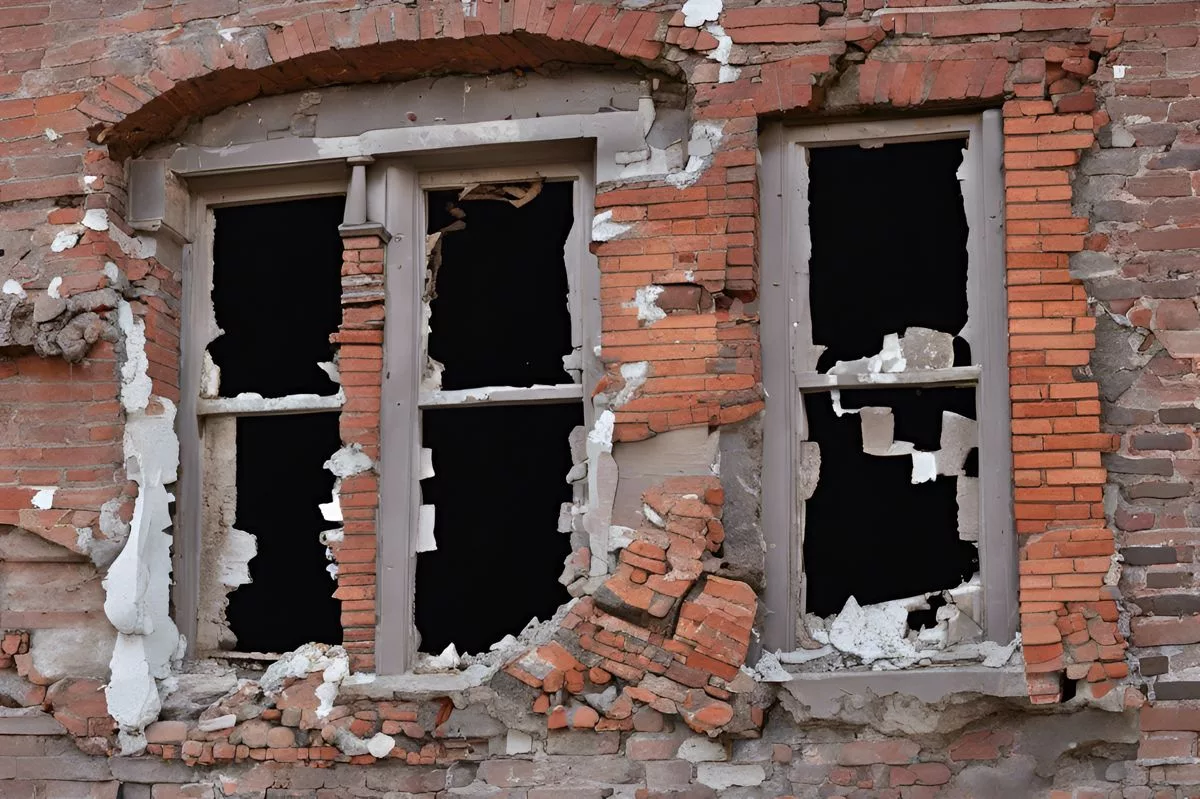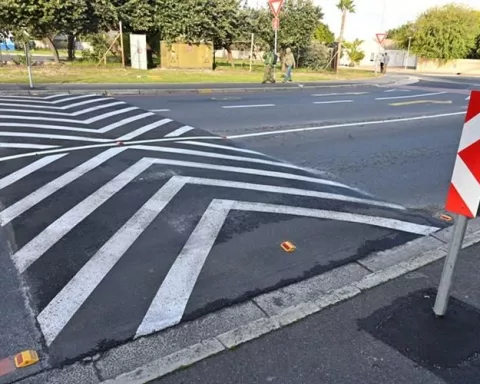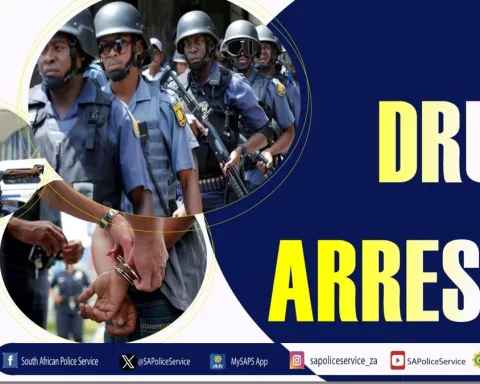Housing development in South Africa is a big task filled with both hopes and hurdles. Issues like poor building quality and lack of proper sanitation are major problems that need fixing. The Portfolio Committee on Human Settlements is working hard to make sure everyone gets a good home, but they found many houses in KwaZulu-Natal that didn’t meet the standard. This shows the need for better builders and more attention to what local communities really need. With strong teamwork and good planning, there’s a chance to create homes that truly support people’s lives and dreams.
What are the key challenges in housing development in South Africa?
Housing development in South Africa faces significant challenges, including poor workmanship, inadequate sanitation, and inconsistent quality standards. The Portfolio Committee on Human Settlements emphasizes the need for effective oversight, community engagement, and competent contractors to ensure equitable access to quality homes and sustainable developments.
Ensuring Quality in Housing Projects
The journey of housing development in South Africa is a blend of ambition and complexity, achieving notable successes while facing substantial challenges. Central to this narrative is the Portfolio Committee on Human Settlements, which plays a crucial role in overseeing housing provisions to ensure equitable access to quality homes. Recently, concerns about housing standards in KwaZulu-Natal (KZN) underscored the significant impact that poor workmanship can have on social welfare and economic stability.
During an oversight visit to KZN, the committee discovered significant deficiencies in certain housing projects, particularly the Qadi Rural Housing Projects in Maphumulo Local Municipality. Chairperson Mr. Nocks Seabi expressed disappointment regarding the substandard quality, pointing out discrepancies between expected standards and actual outcomes. This situation raises serious doubts about the efficacy of existing quality assurance mechanisms. Despite having a dedicated inspectorate, the Provincial Department of Human Settlements failed to maintain acceptable housing standards, prompting demands for accountability and consequence management.
The issue of poor workmanship extends beyond immediate aesthetic concerns. Houses that fail to meet the National Home Builders Registration Council’s standards require costly corrective measures. This not only strains the budget but also perpetuates inequality, as the primary victims are often historically disadvantaged communities. Mr. Seabi’s observations highlight the injustice of providing inadequate housing to those who have already faced systemic setbacks.
Addressing Sanitation and Broader Human Settlement Needs
During their visit, the committee also raised concerns about inadequate sanitation facilities, attributed to budget constraints. This situation appears paradoxical, given the availability of water resources near the Qadi project site. The transition from focusing solely on housing to broader human settlements was intended to include all essential amenities. Consequently, the failure to provide comprehensive services undermines the department’s mission and compromises residents’ quality of life.
In stark contrast, the Sihle Phakathi Informal Settlement Upgrade in KwaDukuza stands as a positive example of what can be achieved. The committee praised the project’s high standards, attributing its success to proactive municipal involvement and rigorous project oversight. This example serves as a critical benchmark for quality housing within the province, demonstrating the profound impact of effective governance and community engagement on project outcomes.
The findings from the committee’s visit have sparked a broader discussion about standardizing housing across KZN. The variation in quality among projects, despite similar funding, highlights the need for consistent criteria and practices. Mr. Seabi emphasized the importance of facilitating information-sharing sessions among municipalities to disseminate successful strategies and ensure uniform quality. This approach could foster a culture of excellence and innovation, enabling the replication of best practices throughout the province.
The Role of Contractors and Urban Development
Appointing competent contractors emerged as a crucial factor in delivering quality housing. While empowering emerging businesses is important, the committee highlighted the need for adequate support and capacity-building. This dual approach ensures that new contractors can meet project deadlines and budget constraints without compromising quality standards.
As the committee moved to eThekwini Metropolitan Municipality, their focus shifted to urban challenges. They planned to review spending patterns related to the Informal Settlements Upgrading Grant and explore the transformation of hostels into Community Residential Units. These initiatives reflect broader urban development goals and emphasize the need for adaptive strategies to meet diverse community needs.
Public participation remains a cornerstone of the committee’s approach. By engaging with representatives from grassroots organizations like uTshani and Abahlali Basemjondolo, the committee seeks to incorporate residents’ lived experiences into policy discussions. This engagement ensures that housing solutions are grounded in the realities faced by those they aim to serve, fostering a more inclusive and responsive policy framework.
A Vision for the Future
The Portfolio Committee on Human Settlements’ recent activities in KZN highlight the diverse challenges and opportunities within South Africa’s housing landscape. From ensuring quality workmanship to fostering innovation and community engagement, these efforts underscore the interconnected nature of housing, social equity, and economic development. As the committee continues its work, the lessons learned from KZN will inform broader national strategies, driving progress toward a more equitable and sustainable future for all South Africans.
This ambitious journey involves not only addressing immediate concerns but also paving the way for long-term systemic change. The commitment to quality, inclusivity, and innovation will be crucial in overcoming existing hurdles and achieving the vision of providing decent housing for all. As South Africa continues to evolve, the lessons and strategies developed in KZN will serve as a blueprint for tackling similar challenges nationwide.
FAQ: Housing Development in South Africa
What are the main challenges facing housing development in South Africa?
Housing development in South Africa is challenged by issues such as poor workmanship, inadequate sanitation, and inconsistent quality standards. The Portfolio Committee on Human Settlements emphasizes the need for effective oversight, community engagement, and skilled contractors to improve the quality of housing and ensure equitable access to sustainable developments.
How does the Portfolio Committee on Human Settlements ensure quality in housing projects?
The Portfolio Committee conducts oversight visits to assess housing projects, as seen during their recent visit to KwaZulu-Natal. They identify deficiencies in construction quality and advocate for better compliance with national standards. Moreover, they emphasize the importance of accountability and consequence management within the Provincial Department of Human Settlements.
What are the sanitation issues highlighted in recent housing developments?
Inadequate sanitation facilities have been a significant concern, particularly during the committee’s visit to projects like the Qadi Rural Housing Project. The committee noted that despite accessible water resources nearby, budget constraints hindered the provision of essential sanitation services, ultimately impacting residents’ quality of life.
Are there examples of successful housing projects in South Africa?
Yes, the Sihle Phakathi Informal Settlement Upgrade in KwaDukuza is a positive example of effective housing development. The project was praised for its high standards, which were achieved through proactive municipal involvement and rigorous oversight. This success serves as a benchmark for future housing initiatives in the region.
What role do contractors play in housing development?
Competent contractors are vital for delivering quality housing. The committee emphasizes the need for capacity-building and support for emerging contractors to ensure they can meet project deadlines and quality standards. This approach balances the empowerment of new businesses with the necessity for high-quality workmanship.
How does public participation influence housing policy?
Public participation is a cornerstone of the committee’s approach. By engaging with grassroots organizations, the committee incorporates the lived experiences of residents into policy discussions. This engagement helps ensure that housing solutions are grounded in reality and responsive to the needs of the communities they aim to serve.












